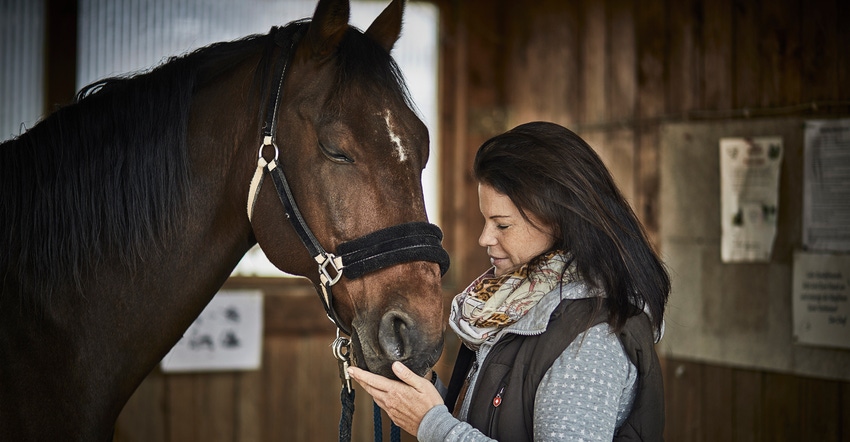May 26, 2022

Equine sales are on the upswing these days, and many believe we’re now in a seller’s market, with high prices and eager buyers.
As a busy lawyer with more than 35 years of experience, my phone rings frequently with calls from horse buyers or sellers who are considering a lawsuit or who have been threatened with one.
Based on these inquiries, here are five common characteristics of equine sale disputes:
1. Buyers purchase horses sight unseen. Thanks to a robust online marketplace, sellers have numerous opportunities to reach buyers — social media, online auctions, horse purchase or sale websites, and others. The problem is, buyers sometimes fall in love with photos and videos, without inquiring about important details. For all you know, the beautifully trained and well-mannered horse on the video might actually have been worked for hours or even drugged to appear that way. Also, there may be a reason the buyer has situated other horses near the horse on the sale video — the horse might have major separation anxiety.
2. Buyers don’t demand evidence of past veterinary attention. Buyers, especially those on a limited budget, have every incentive to demand the horse’s veterinary history. The horse within your budget that appears perfectly sound today may have received a series of expensive and extensive joint injections a couple of weeks ago — which need to be repeated regularly. Buyers can ask for the horse’s veterinary history, receive records directly from the seller’s veterinarian, or confirm the history directly in the contract.
3. Buyers waive prepurchase veterinary evaluations. Your investment in a prepurchase veterinary examination from an independent veterinarian (not one hand-picked by the seller) could help avoid a legal dispute. A drug screen can be important, as well. If you can’t attend the veterinary exam in person, look into having somebody video it as it occurs, allowing you to watch in real time or later. Also, consider hiring your local veterinarian to review the radiographs and even the prepurchase exam video for a second opinion.
4. Buyers assume the horse has transferable registration papers. When sellers promise to transfer registration papers, buyers would be wise to confirm that in writing and demand to see a copy of the papers to make sure they exist.
5. No written contract. Unfortunately, legal fees in verbal contract disputes can be particularly expensive because each party to the sale transaction usually has a totally different understanding of what it involved. The cost of a lawyer to draft or review a sale contract could be a small fraction of the cost to take a sale dispute to court.
Avoiding disputes
Many equine sale disputes are avoidable, and contracts can help. Here is some advice for both buyers and sellers:
For buyers. A well-worded sale contract can help avoid costly disputes. Form contracts you find online might, at best, provide a starting point. Your investment in legal expense to protect your interests in a contract might save substantially more money down the line. Make sure your written contract includes all items that were important to you in the purchase decision, such as promises the seller gave you about the horse’s health and history. The seller’s refusal to sign your sale contract could reflect the seller’s unwillingness to back those verbal statements in writing.
For sellers. A well-written contract can protect you, as well. Before you sign, make sure you’re comfortable with all clauses, including those specifying where legal disputes must be brought and whose state law applies. Your lawyer can help you draft disclaimers of warranties conforming to the applicable state law. Installment sale agreements can be very risky, particularly if you know nothing about the buyers and their creditworthiness.
Fershtman is an attorney in the field of equine law. She writes for Foster Swift. For more information, visit fershtmanlaw.com, equinelaw.net and equinelaw.info. This article does not constitute legal advice. When questions arise based on specific situations, direct them to a knowledgeable attorney.
You May Also Like




